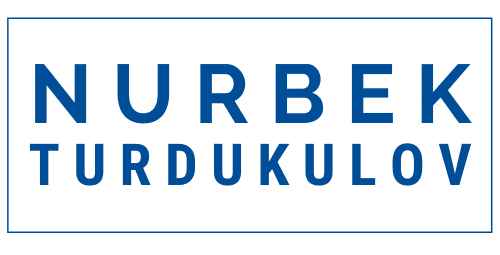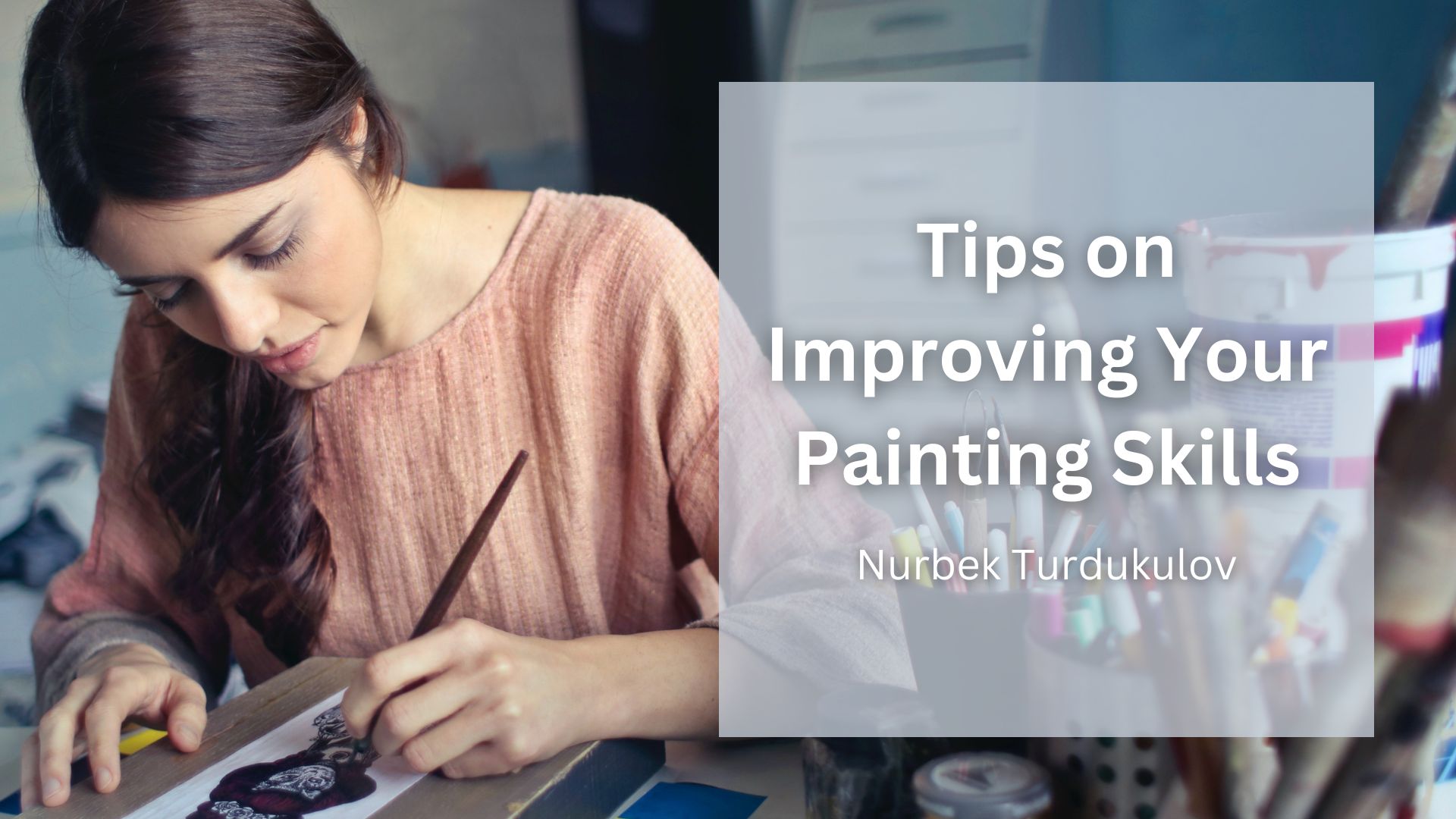Creating a painting with a specific concept in mind requires certain skills and techniques in order to achieve your desired result. Without a fundamental understanding of the basics, it can be difficult to make progress. Fortunately, there are strategies that can help you develop the tools and know-how to make your vision a reality. To help you along your journey, here are ten methods to improve your painting skills and prove a solid foundation for your creative projects.
Know your Materials Inside and Out
Before the use of modern materials, artists needed a deep understanding of these materials they used for their artwork. Students of these artists would spend years following their teachings – grinding pigments, mixing paints, preparing painting surfaces, etc. – giving them the fundamentals of the individual binders, pigments, and paints. This knowledge allowed them to better understand how these materials would interact and layer on the surface. Even with the convenience of pre-prepared art materials, possessing a deeper understanding can improve overall knowledge and the stability of their final products.
Try a New Tool
Try a new tool to improve your painting skills. Experimenting with a new tool, canvas, or subject matter can help you create unique ideas. You may discover new ways to apply paint with a palette knife or switch up your medium and try acrylics. Give yourself time to explore, and you’ll be surprised to discover exciting ways to apply your paint.
Plan Your Painting
Planning is key for successful painting. Painting a formal painting can be frustrating, but a thorough planning process may be the missing ingredient. Experienced painters take the time to plan before they actually begin to paint, and if you do the same, you’re more likely to have success. If a part of the painting is giving you trouble, take the time to plan thoroughly until you feel comfortable with what you’re about to paint.
Do a Little Bit Every Day
Practice a little every day to improve your painting skills. Even a few minutes a day can make a difference. Draw or paint a study or small painting each day to train your brain. Over time, you’ll likely notice an improvement. Discipline and dedication are key to mastering any skill. Put in the effort, and you’ll reap the rewards!
Study Nature
Studying nature is one of the best ways to develop your artistic skills. Take reference photos of your inspiration or observe live objects and scenes to study lines, values, and colors. Develop color studies to match colors or note color combinations. All these practices can help artists gain a better understanding of the natural world and be able to recreate it more accurately. In the end, this will make our artwork more realistic and impactful.
Simplify Forms
As an artist, learning to break down what you see into shapes, values, and colors is key. Practice by taking an object or scene and sketching it with just shapes, then in black and white values, and finally in blocks of color. These don’t have to be framable paintings – just exercises to train your brain. With practice, you’ll be able to better convey objects and scenes in your paintings.
Visualize
Visualizing your painting process can help you improve your skills. Close your eyes and run through the steps of the painting, picturing yourself going through each one. It’s an effective way to get your brain comfortable with the painting and builds confidence in what you’re doing. Visualizing can help you with specific areas of the painting that you’re worried about. This simple technique can make a big difference in your painting results.
Visit an Art Museum
Visit an art museum to explore the works of the Masters. Look closely to observe the brushwork, color combinations, value patterns and strokes used. Write down or sketch your observations to gain new ideas and approaches to painting. Be inspired by how the masters created and use it to help you in your own artwork.
Discover Where You Are Weak
Identify areas of weakness in your artwork by painting a simple object and critically evaluating it or by asking someone to give feedback. Improve it through classes, YouTube videos, or consultation, for example. If you struggle with draftsmanship, practice drawing; if it’s color, learn color theory; if it’s perspective, take a class. With dedication, you can address any weaknesses and become a better artist.
Practice
Practicing your painting skills is the single most effective way to improve your artwork. Allow yourself to make mistakes, and don’t be afraid to experiment with different techniques. Focus on what you want to achieve, and don’t be afraid to push yourself. Research and observe the work of other artists to learn from them. Invest in quality supplies and pay attention to the fundamentals, such as color theory, composition, and the basics of drawing. With practice and dedication, you’ll be able to create beautiful artwork in no time.

